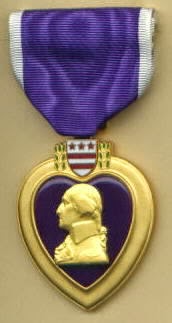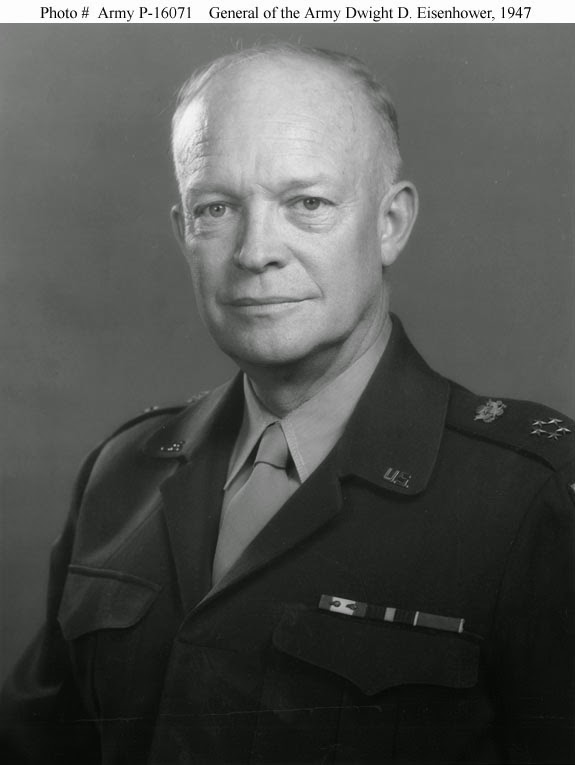 |
| "Grave marker of British Soldiers along Battle Road in Lexington" by Nemilar (Public Domain) |
There had been excitement all night. Riders passing along the road to Concord, the older men gathering in the early morning darkness outside the tavern.
The lobsterbacks were on the road. What evil is afoot on this spring morn?
Gathering on the village green, the militia nervously shifted from one foot to another. Was the King intent on making war on the colonists? What insanity is this?
Captain Parker tried to steady the men as the sound of the British drums could now be heard approaching from Menotomy.
As the red-coated infantry came into view, the men grew silent. There was many a white knuckle to be seen gripping a musket. One man groaned. Expressing perhaps what many, if not most of them were feeling.
How could a rag-tag band such as this, who drilled no more than once a month, sometimes less, stand up to the finest army on the planet? But not one man looked to the rear. All faced front and stood ready. Perhaps reason might still hold sway. Surely the lobsterbacks would not fire upon fellow Englishmen?
That was a scene from the film April Morning (IMDB), which I first watched while attending an Air Force school in Mississippi. The film, last I checked, was available on Netflix.
While there are perhaps too many leaves on the trees for a mid-April day near Boston, the scene is exactly as I imagined it when I was a young boy.
Growing up in New England, in a day when America history was proudly taught in our schools and was something to treasure, every boy knew the story of the British march on Concord to seize powder and shot from "the Colonials." We all knew of the valiant, yet futile, stand of those militiamen on Lexington Green.
As the British march onto the field, the sound of the drums, the commands of the officers and sergeants stand in stark contrast to the nervously waiting militia.
As the British deploy from march column into line, the militia must have recognized that these were not your everyday, run of the mill British soldiers. No, these were all picked men from the flank companies of the regiments quartered in Boston.
Grenadiers, fusiliers and light infantry were all present, wearing the distinctive headgear appropriate to their branch.
These were men who were expected to have a high standard of self-discipline. Men who could be trusted to engage in semi-independent operations. Men who had been hardened in battle.
One thing that really struck me was the feeling of trepidation after the redcoats had fixed bayonets.
As a boy we had learned that early in the Revolution, Americans were not trained to use bayonets, mostly did not have them and had never faced them in the wars on the frontiers. A common trait of European drill was the use of the bayonet.
Though units seldom met at bayonet point in hand-to-hand combat (one side or the other would usually fall back before it came to that) there were instances where the troops went in with the bayonet. In the absence of serious opposition, it was nothing. Disobey and be flogged half to death. Better to skewer one's opponents than face that!
When the battalion was ordered to advance at the slow march, bayonets charged, it was a fearsome sight. I know that feeling to a certain extent. Though it was only in re-enactments and you knew that you would come to no harm, facing a line of bayonets advancing to the beat of the drums, coming straight at you, is a most fearsome thing.
Two-hundred and forty years ago, a strong British force marched out of Boston before dawn. Much has been written about that day. As an American, as a New Englander, I always saw things from the colonists' point of view.
Damn lobsterbacks!
But it struck me on Thursday, which just so happened to have been St George's Day in England, that there were two sides engaged upon that fateful day. Many of my ancestors were still, at that point in time, still in the old country. Whether it was Britain, or Scotland, or France, I may have had relatives wearing the red coat.
So what must it have been like, to fall in when it was still dark out, shoulder musket and pack and then march off to the boats? The boats which were to carry you and your comrades across the Charles River to then begin the march to Concord. Would you be wondering if there would be no opposition at all or would the advance be contested?
Soldiers think of these things as the sun rises and the day grows hotter.
To see the rude militiamen flee after the first volley must have been a boost to morale. "Do ya see lads? They'll not stand! Advance!"
Of course, the officers and sergeants would quickly get things under control. "Reform, fall in. You there! That man! Fall in!"
The march would continue.
At a bridge near Concord, the Colonials again made a stand. This time they got off a volley, then another.
There on the bridge was a man wearing the same uniform as you, his blood pooling underneath him as the musket balls continued to buzz past.
The officers are not so confident now. The command to fall back is given. The countryside is aroused, back to Boston, we'll settle this another day.
But it's a long march down that country road. Off in the fields you see glimpses of armed men, flitting through the brush. Occasionally stopping to fire.
Another man falls, then another.
You deploy into line, your volley is wasted in the trees. No one is there.
But now, behind you. More snapping musketry. An officer pitches off his horse into the road, he is obviously in agony. But you cannot stop, the bloody rebels seem to be everywhere.
Eventually another column reaches yours, reinforcements! But the Colonials stay out of reach. They follow though and their numbers grow.
Back in quarters, you count the cost. Messmates who were there that morning are nowhere to be seen. You try and remember, did you see Charlie go down by that stonewall? Did that really happen? Was it all some horrible dream?
No lad, it was real. All too real. And it wouldn't end until Yorktown, six years later.
I wonder what it was like.
For both sides engaged that day. Did any man there think that the war would last so long?
Was there a man wearing a red coat that day who eventually climbed aboard a troop transport back to England after Yorktown, wondering what had happened?
Was there an American that day who looked back in old age and marveled that he and his ragged comrades launched a fight that would one day end in victory?
What was it like on that April morn, in 1775?
What was it like?
By the rude bridge that arched the flood,
Their flag to April’s breeze unfurled,
Here once the embattled farmers stood,
And fired the shot heard round the world.
The foe long since in silence slept;
Alike the conqueror silent sleeps;
And Time the ruined bridge has swept
Down the dark stream which seaward creeps.
On this green bank, by this soft stream,
We set to-day a votive stone;
That memory may their deed redeem,
When, like our sires, our sons are gone.
Spirit, that made those heroes dare,
To die, and leave their children free,
Bid Time and Nature gently spare
The shaft we raise to them and thee.
The Concord Hymn - Ralph Waldo Emerson










.jpg)



































